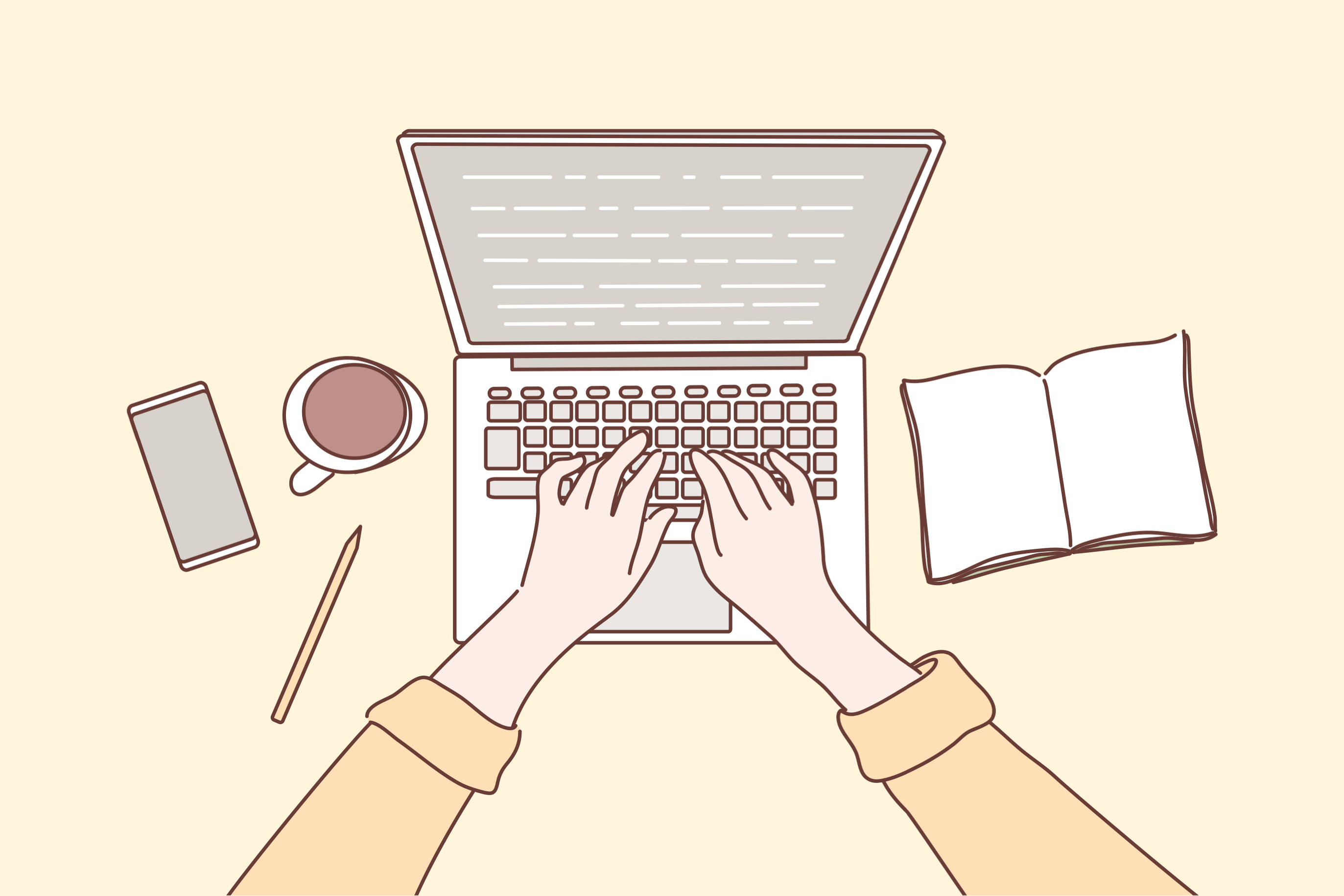The Transformative Power of Mental Health First Aid Training – Lauren’s Story
June 30, 2023
My name is Lauren, and I live in Adelaide. I work as a graphic designer and digital marketer at Company. It’s been an incredible three years at Company, where I’ve learned a ton about mental health and the importance of research in this field. Alongside my design work, I focus on promoting fundraising campaigns and raising awareness about mental health.
In my role, I cover various areas of mental health research like eating disorders, youth mental health, depression, Aboriginal mental health, veteran mental health, and suicide prevention. It’s a wide range of topics that allows me to explore different areas and make a meaningful impact.
Broadening Perspectives
I completed my Mental Health First Aid Training in December 2020, right when I started at Company in August of the same year. Mental health was a big topic at that time, with the COVID-19 pandemic affecting everyone’s well-being.
Before joining Company, I was excited because I had my own struggles with mental health but didn’t know much about it. The training I received was invaluable, not just for my job, but also for my personal understanding. I found the techniques I learned really helpful, not only for helping others but also for taking care of myself. Though at the time, I mainly used them to assist others.
One of the best things about the training was gaining a non-judgmental perspective towards people with mental health conditions, including those experiencing psychosis. In the past, I would see someone talking to themselves on the street and label them as “crazy.” But after the training, I started seeing them differently, understanding that mental illness is not their fault, but rather a tough experience they’re going through. It opened my eyes to the importance of helping people facing these difficulties.
Putting ALGEE into Action
There’s this one incident that really stands out. It happened about six months after completing the training when I was living in Adelaide’s CBD, where many homeless individuals live, especially in the city center. One night, after hanging out with friends at a pub, I noticed a man standing in front of traffic on the road. I was worried, so I mentioned it to my Uber driver, but they brushed it off, saying he had been there for a while.
Feeling sad about the lack of help, I decided to take action. I got out of the Uber, went up to the man, and used the ALGEE Action Plan I learned in training. I calmly convinced him to step away from the road and talked to him. We sat down on the sidewalk, and he started crying, pouring out his despair. I listened attentively, offering support and reassurance.
I asked if he wanted me to call someone, but he said he had no one to reach out to. While we were talking, a group of drunk people approached, and their rowdy behavior scared him, causing him to run back onto the road. Realizing the urgency of the situation, I immediately called the police and ambulance, giving them all the necessary information.
The response time was longer than expected, and unfortunately, I don’t know what happened after that. But seeing the police show less empathy towards the distressed man saddened me. It highlighted the importance of training individuals, like police officers, to handle such situations effectively and compassionately.
That incident had a deep impact on me. It allowed me to put my new skills into practice and help someone in need. I felt compelled to take action and didn’t want to be like others who just walked past. Without the training, I probably would have done the same. It reinforced the significance of early intervention in preventing accidents or, in this case, suicide.
What’s more, I found the ALGEE Action Plan helpful for my own mental health struggles with anxiety and depression. It made me more aware of my well-being, knowing when to seek professional help or engage in self-care. Instead of waiting for things to get better on their own, I took proactive steps like cutting back on alcohol, exercising regularly, spending time outdoors, and nurturing my social connections.
Mental Health First Aid training has made me more aware of mental health, both in myself and others. It gave me a basic understanding of mental health and the ability to spot signs of emerging problems without trying to diagnose specific conditions. This knowledge has made me more observant and compassionate towards those around me, making sure they get the care they need.

Building Supportive Communities at Company
At Company, I’ve seen the positive impact of Mental Health First Aid training in various communities. Our initiative encourages sports clubs to raise funds for mental health research, and in return, they receive Mental Health First Aid training for their members. The feedback from these clubs has been amazing, as individuals feel safer and more supported, equipped to guide and assist those who need it.
Working at Company also exposes me to individuals who have firsthand experience with mental illness or have family members dealing with mental health challenges like eating disorders or grief from suicide. Being able to offer them guidance and point them to helpful resources is rewarding and reinforces the importance of Mental Health First Aid training.
All in all, Mental Health First Aid training has had a significant impact on me personally and professionally. I carry the knowledge and skills I gained from the training with me every day, using them to support others and take care of my own mental well-being. Making a positive difference in someone’s life is truly incredible, and I’m grateful to be part of Breakthrough’s mission in promoting mental health awareness and research.
Mental Health First Aid® Australia acknowledges Aboriginal & Torres Strait Islander Peoples as the Traditional Owners and Custodians of Australia.
We acknowledge their ongoing living connection and contributions to land, waters and community.
We pay our respect to all Aboriginal & Torres Strait Islander Peoples, and Elders both past and present.
Copyright © 2023 Mental Health First Aid® Australia
